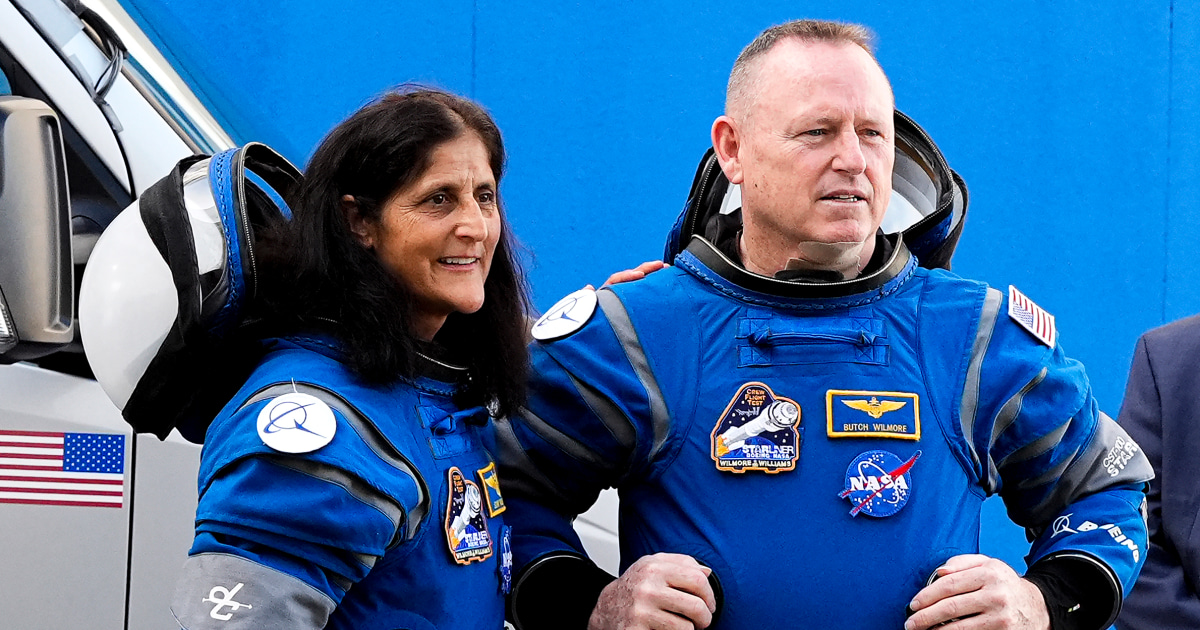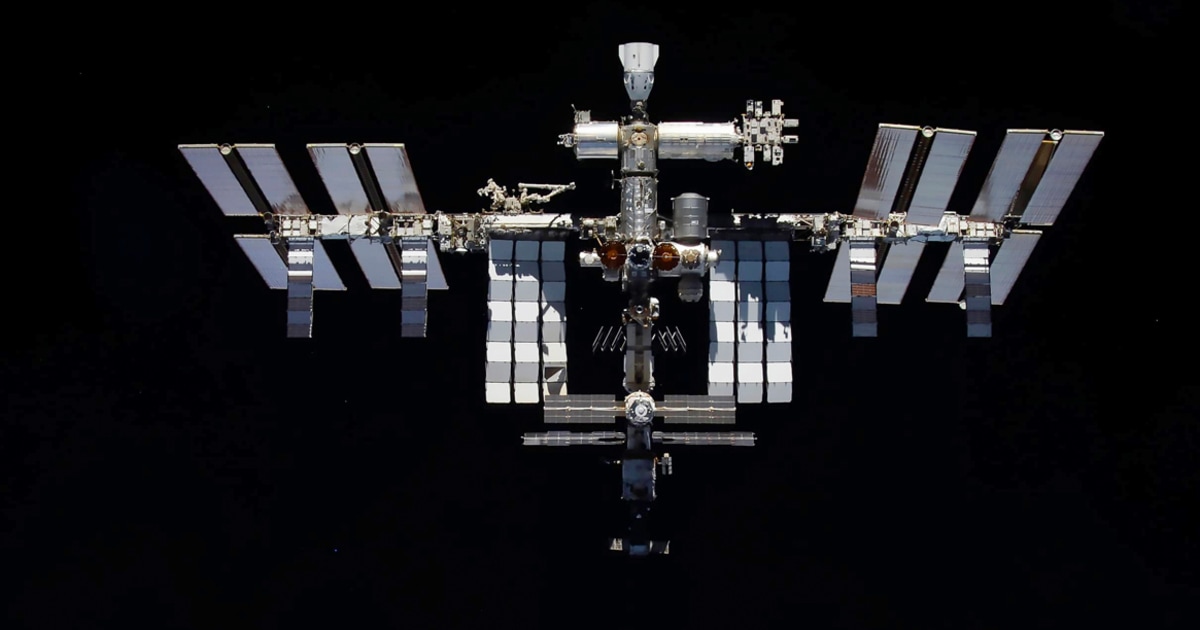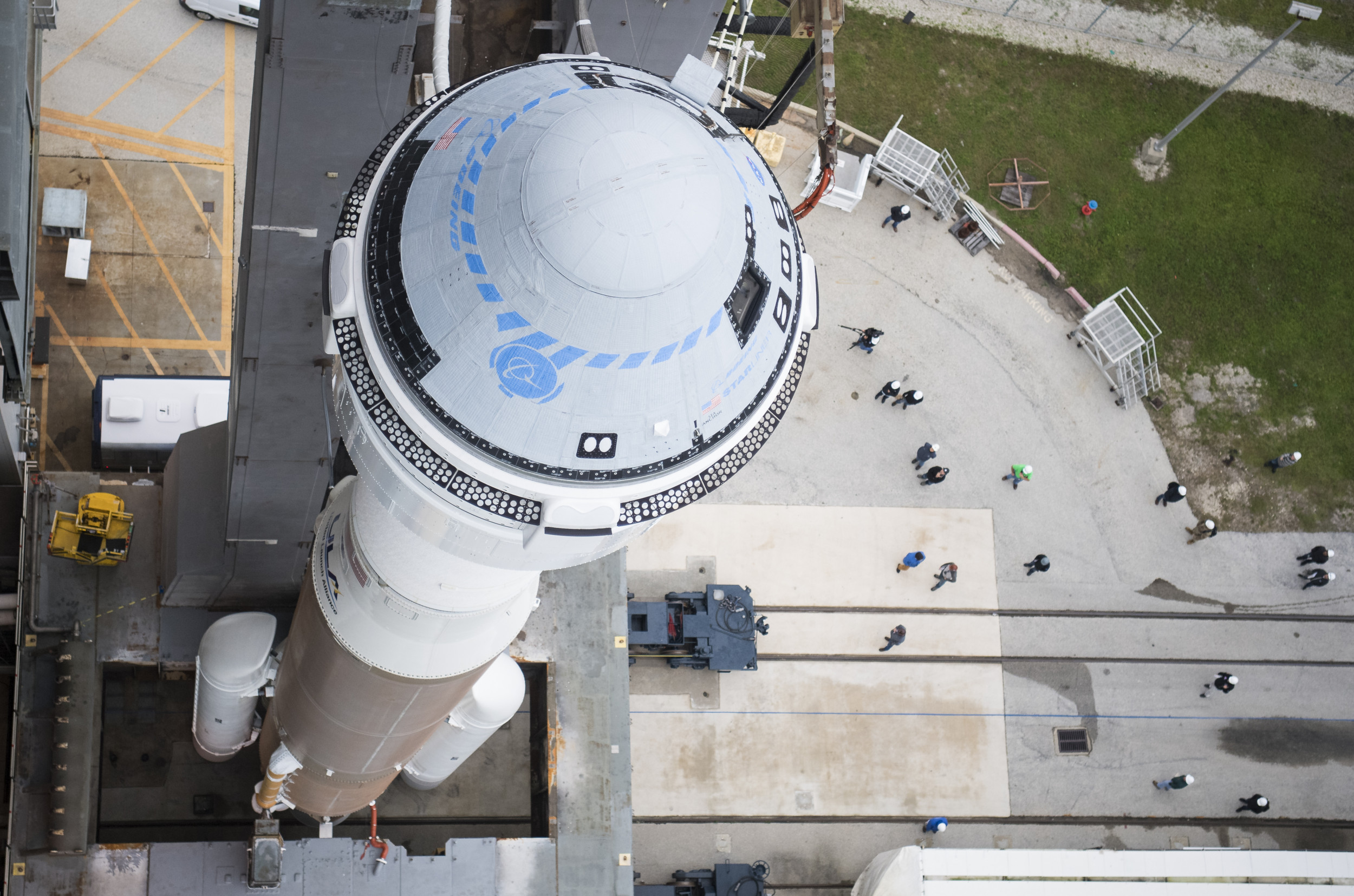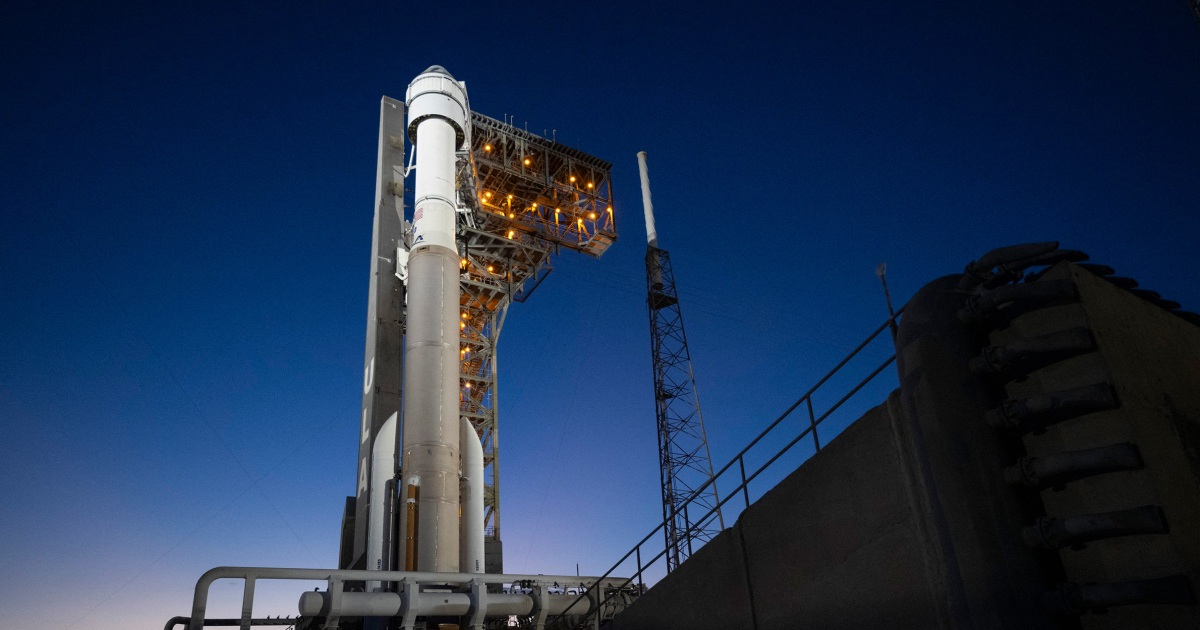NASA and Boeing were forced once again to call off the first crewed launch of the company’s Starliner spacecraft.
Boeing’s Starliner capsule was scheduled to lift off from Florida’s Cape Canaveral Space Force Station on Saturday at 12:25 p.m. ET, carrying NASA astronauts Barry “Butch” Wilmore and Sunita Williams to the International Space Station. It would have been the vehicle’s first crewed test flight.
The launch attempt was scrubbed with just minutes to go in the countdown — yet another setback for Boeing, which has already dealt with years of delays and budget overruns with its Starliner program.
Boeing’s crewed test flight would have been the final step needed to show that the Starliner could safely ferry astronauts to and from the space station. A successful mission would have enabled NASA to authorize Boeing to conduct routine trips to the orbiting outpost, thereby giving the agency a long-awaited second option to SpaceX’s Crew Dragon capsule.
Boeing’s last launch attempt on May 6 was also called off, that time with roughly two hours remaining in the countdown, after an issue with a valve was detected in the spacecraft’s Atlas V rocket. A separate helium leak was subsequently discovered in the Starliner’s propulsion system, further delaying the key test flight.
The rocket’s valve was replaced, mission controllers said at a news briefing last week, but the helium leak was not repaired before Saturday’s scheduled flight because it was determined to be unlikely to pose a threat to the crew or the spacecraft.
Both SpaceX and Boeing developed their spacecraft as part of NASA’s Commercial Crew Program. The initiative began more than a decade ago to support private companies in building new space vehicles to take astronauts to low-Earth orbit, following the retirement of the agency’s space shuttles.
But Boeing has fallen significantly behind SpaceX, which has been flying crewed missions to and from the space station for NASA since 2020.
Saturday’s issue is far from the only one the Starliner has faced. Software problems on its first uncrewed flight in 2019 forced mission controllers to cut that trip short before the vehicle could attempt to dock with the space station. A second attempt was then delayed several times due to fuel valve issues. It wasn’t until 2022 that Boeing was able to carry out a successful uncrewed flight to and from the space station.
This is a developing story. Please check back for updates.
















